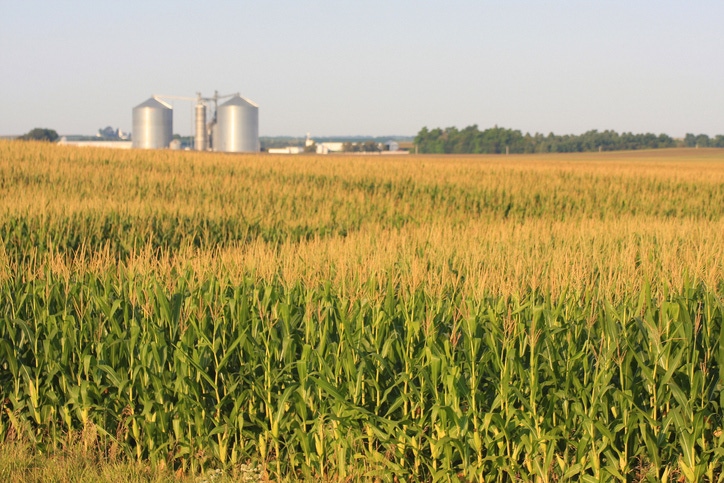Each day at 5 p.m. we collect the five top food and supplement headlines of the day, making it easy for you to catch up on today's most important natural products industry news.
April 14, 2017

Young Midwestern farmers want to grow sustainable food—but they need help
The Midwest is a crucial region for food—Midwestern states are the second-leading producers of crops and livestock behind California. But, at a time when the U.S. needs more young farmers, young people are leaving this region faster than any other. And those who do want to pursue farming face challenges with acquiring land, cutting into the market and growing sustainably. Organizations like Practical Farmers of Iowa, the Midwest Organic and Sustainable Education Service, and the Land Stewardship Project are attempting to lessen the burden. Read more at The Guardian...
Snacking commands 28% of specialty food market
Sales of specialty foods have grown 15 percent since 2014, according to the Specialty Food Association's annual State of the Industry report. Cheese and cheese alternatives comprise the largest category, but big growth seems to be happening in smaller categories like snacks, breads and baked goods, and refrigerated entrées. Read more at CSP Daily News...
Nuun and former Skratch/Osmo cofounder launch Performance drink mix
The sports nutritionist who cofounded Skratch and Osmo worked with Nuun to on a new hydration drink mix that's vegan, Non-GMO Project verified and Informed-Choice certified. Read more at Bike Radar...
Fungal pesticides offer a growing alternative to traditional chemicals
Biopesticides are pesticides derived from fungi, bacteria and plants—and the rise of organic agriculture is giving them a boost. So has an increase in weeds and microbes that are resistant to traditional pesticides sent farmers looking for alternatives. Use of biopesticides is expected to grow faster than use of synthetic pesticides over the next few years. They contain parasitic fungi that feed on an insect's internal tissue until it dies but are harmless to vertebrates. They have a small environmental impact compared to synthetic pesticides, too. However, they can be more expensive, slower to work and need to be applied more frequently. Read more at NPR...
Nestle's new CEO challenges food industry's cost-cutting mantra
Ulf Mark Schneider, who took the reins at Nestle in January, says some large food companies are undermining their growth prospects by focusing so much on cost-cutting. Meanwhile, Nestle is expanding ecommerce and investing in its fastest-growing businesses. Read more at Bloomberg...
You May Also Like


